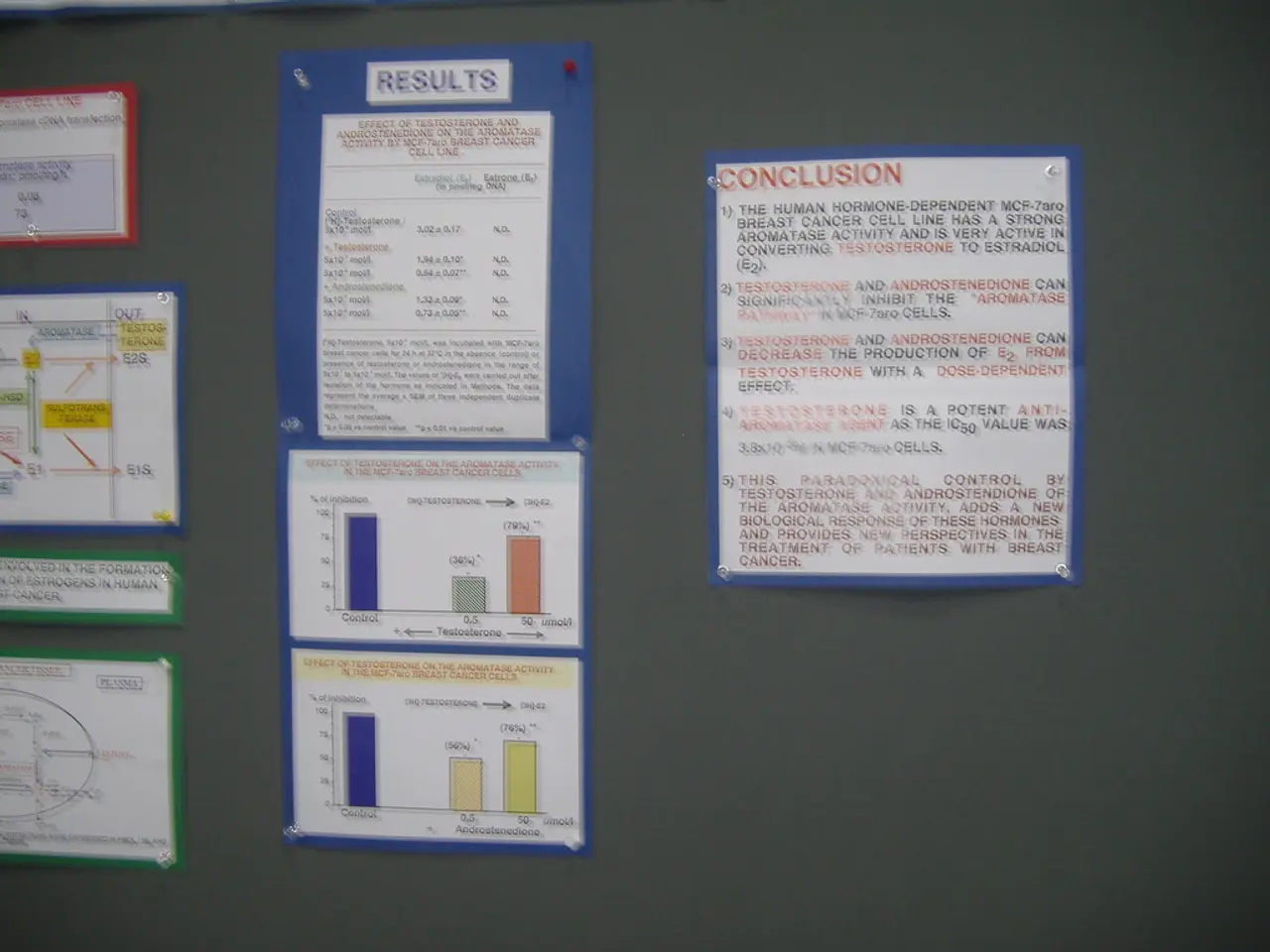U.S. court decision invalidates Trump's tariffs, met with approval by China
U.S. Federal Court Halt on Tariffs: Implications for EU, China, and Global Trade
In a significant turn of events, a U.S. federal court has barred President Donald Trump's administration from imposing tariffs on goods from almost the entire world, under the pretense of emergency law. As the U.S. government prepares an immediate appeal, major trading partners like the European Union (EU) and China await the outcome with cautious optimism.
Beijing has already made its stance clear, demanding the permanent removal of tariffs. A spokeswoman from the Ministry of Commerce emphasized that "chronic trade wars are destined to have no winners," and that "protectionism offers no solution." China calls on the U.S. to heed the rational voices from the international community and within the country, and to completely abolish these unwarranted tariffs.
As for the EU, the German government has remained guarded in its response. official statements suggest a hope that a mutually beneficial resolution can be achieved through negotiations between the EU Commission and the U.S. government. The EU Commission, responsible for the bloc's trade policy, initially refrained from commenting on the court decision but continues to engage in negotiations with the U.S. on a possible deal to mutually lift tariffs and other trade restrictions.
This recent decision could mark a significant setback for Trump's confrontational trade policy, which has caused worldwide concern for its potential to escalate international trade conflicts and burden financial markets. The ongoing legal battle is far from over, with observers anticipating an appeals court may temporarily reinstate the measures until a final resolution is reached.
It is crucial to note that tariffs on goods from China, the EU, and other countries continue to be imposed as part of a broader trade policy framework sometimes referred to as "Trump 2.0" tariffs. For instance, the EU has repeatedly delayed the implementation of reciprocal tariffs, with notable dates moved to July 9 and July 14, 2025. These tariffs include additional duties ranging between 4.4% and 50% on approximately €8 billion worth of goods. Additionally, the U.S. continues to maintain 25% ad valorem tariffs on numerous goods originating from the EU, scheduled to remain effective through December 1, 2025.
As the situation unfolds, the global economy awaits a conclusion that brings an end to this protracted and potentially damaging trade conflict. Industry experts and policy makers alike will closely monitor the evolving landscape of U.S. trade relations, with an eye towards fostering an environment conducive to trade cooperation and sustainable economic growth.
- The U.S. federal court's halting of tariffs on goods worldwide presents a promising shift in the 'employment policy' of businesses, potentially reducing costs and fostering economic growth, given the uncertain financial impacts of the tariffs on domestic employment.
- The ongoing legal battle surrounding tariffs also has significant ramifications on the 'policy-and-legislation' landscape, with implications for 'politics' and 'general news', as world leaders and policy makers try to navigate through this complex issue and find a lasting solution.
- The international community, including major trading partners like the EU and China, closely follow the developments in 'policy-and-legislation', keenly aware of how the outcome of this dispute might influence their respective 'employment policies', as well as global economic stability and 'business' growth.




